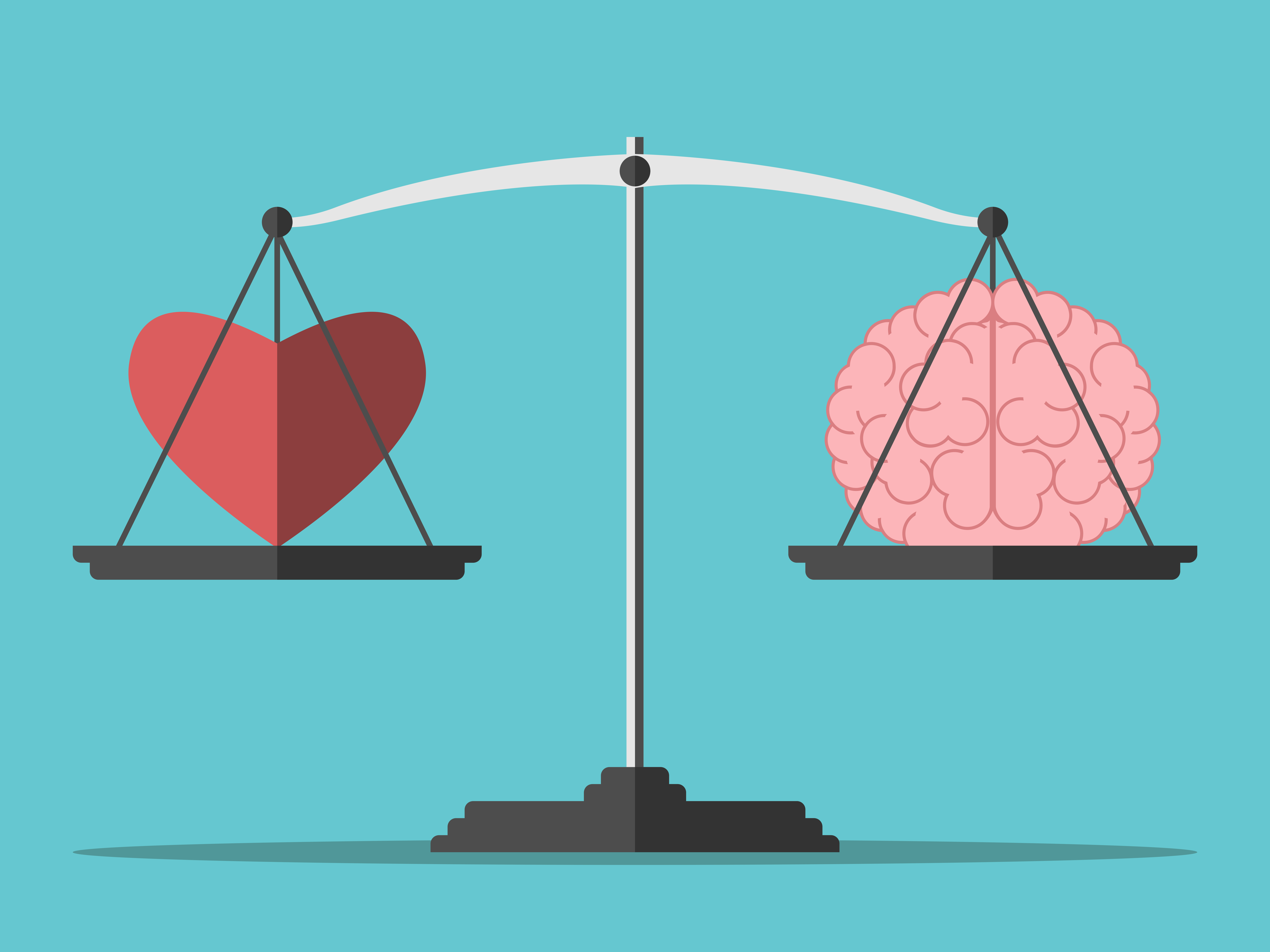If you are familiar with Hygge, the Danish art of getting cosy; Lagom, the Swedish philosophy of balance and Wabi-sabi, the Japanese philosophy of appreciating the beauty in imperfection, Nunchi, the Korean concept of emotional intelligence won’t be a strange word to you. If you are not, they all promise a path to a better life.
Nunchi signifies the subtle art and ability to listen and gauge others’ moods. It’s like hyper-sensitive emotional intelligence. Nunchi is key to the dynamics of interpersonal relationships in Korea. It’s a more profound way of looking at life and relating better with others.
People who have ‘quick nunchi’ pick up on the mood of any person or environment quickly. Nunchi can be seen as the embodiment of skills necessary to communicate effectively in a high context environment.
In her book, The Power of Nunchi: the Korean Secret to Happiness and Success, author Euny Hong explains that nunchi (pronounced noon-chee)is the art of using your five senses — plus your “sixth sense” — to understand what others are thinking and feeling.
For centuries nunchi has been a crucial part of Korean life. Nunchi has first introduced to Korea about 2,500 years ago, with the teachings of Confucius — Koreans have been practicing and adapting it ever since.
To practice nunchi, you must learn to listen and observe more than you speak in any conversation. People who negotiate well are those who are willing to listen. And nunchi is all about listening.
Nunchi translates as ‘eye measure’ and, according to author Euny, it describes ‘the subtle art of gauging other people’s thoughts and feelings in order to build trust, harmony and connection’.
With nunchi, Koreans use non-verbal cues to convey emotion and meaning. Euny argues that nunchi is a mixture of tact, perceptiveness, having a good grasp of social situations and possessing an instinctive sense of how to read a given encounter, alongside knowing how to respond to it.
“In Korea, what is not being said is every bit as important as the words that are spoken, and a person who pays attention merely to the words is getting just half the story,” says Euny Hong.
Having great nunchi means continuously recalibrating your assumptions based on any new word, circumstance, gesture or facial expression so that you are always present and aware.
In any conversation, never pass up a good opportunity to listen first. “If you wait long enough, most of your questions will be answered without you having to say a word,” argues Hong.
Understanding others starts with knowing your emotional state in any conversation or room and using that to relate better with others.
As you learn to pay attention to your feelings, you will know how to express yourself in the best way possible — you will also increase your emotional intimacy in the process.
As your internal muscle of self-awareness grows, it becomes much easier to read others’ emotions and make better connections.
Research shows that naming our feelings — a tactic called labelling — can help us reduce the power of intense emotions, like anger and sadness, and focus on others instead of ourselves.
With its focus on observing others rather than asserting yourself, nunchi is a refreshing antidote to self-promotion, and a welcome reminder to be mindful, observant and pay attention to our environment. Nunchi can help you build trust and connection and open doors for you that you never knew existed.
If we all had a little more nunchi, we can improve our relationships with our loved ones, friends, colleagues at work. “Nunchi, despite being as old as Korean civilization itself, is extraordinarily suited for modern life because it requires speed and adaptability. All you need are your eyes and your ears. And — this is the hard part — a quiet mind,” says Hong.
Given how powerful nunchi can be in our relationships and careers, it pays to pay to learn how to connect meaningfully with others in our distracted, digitally disconnected culture.
If you are interested in the art of intuitively knowing what others feel, nunchi is a philosophy worth exploring. If you struggle with emotional intelligence and personal relationships but want to influence people — or the world, learn more about the power of nunchi.
The art of reading a room and understanding what others are thinking and feeling is a skill anyone can learn. Having nunchi will improve your social relationship and unlock greater feelings of contentment.
Originally published on Medium.
Follow us here and subscribe here for all the latest news on how you can keep Thriving.
Stay up to date or catch-up on all our podcasts with Arianna Huffington here.


